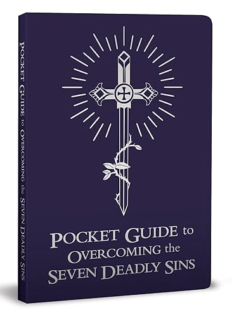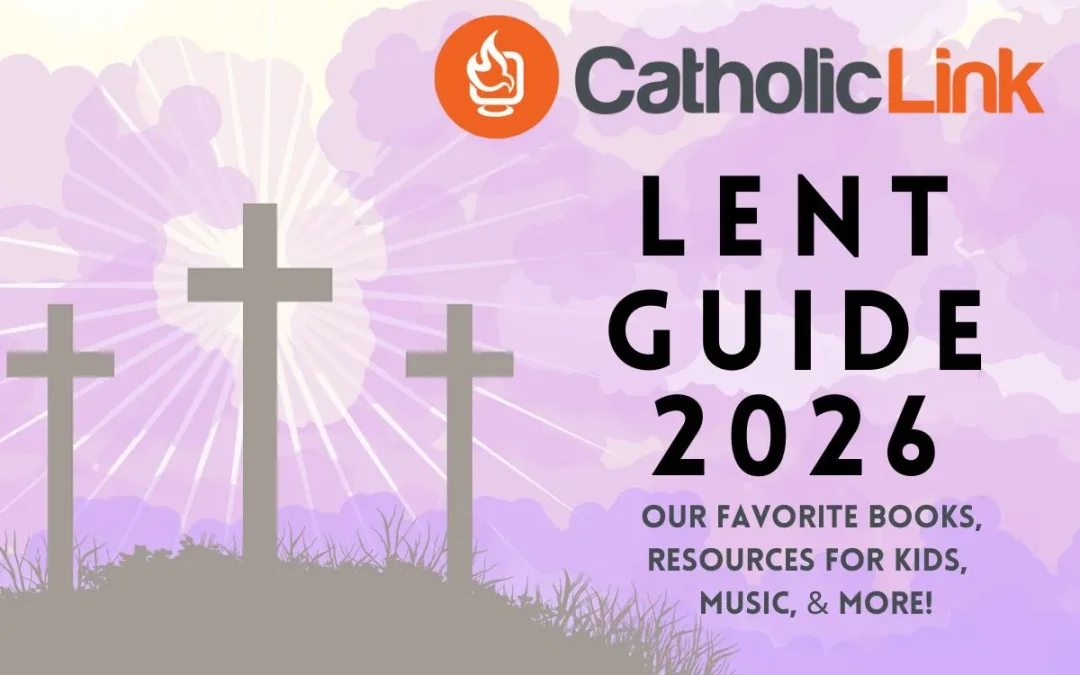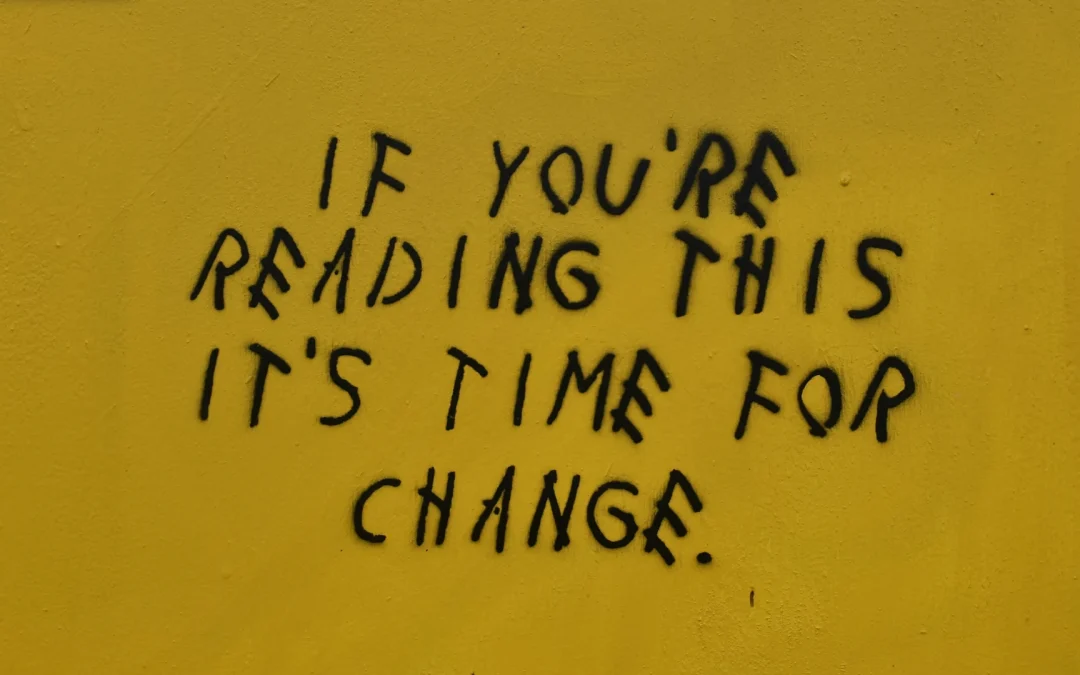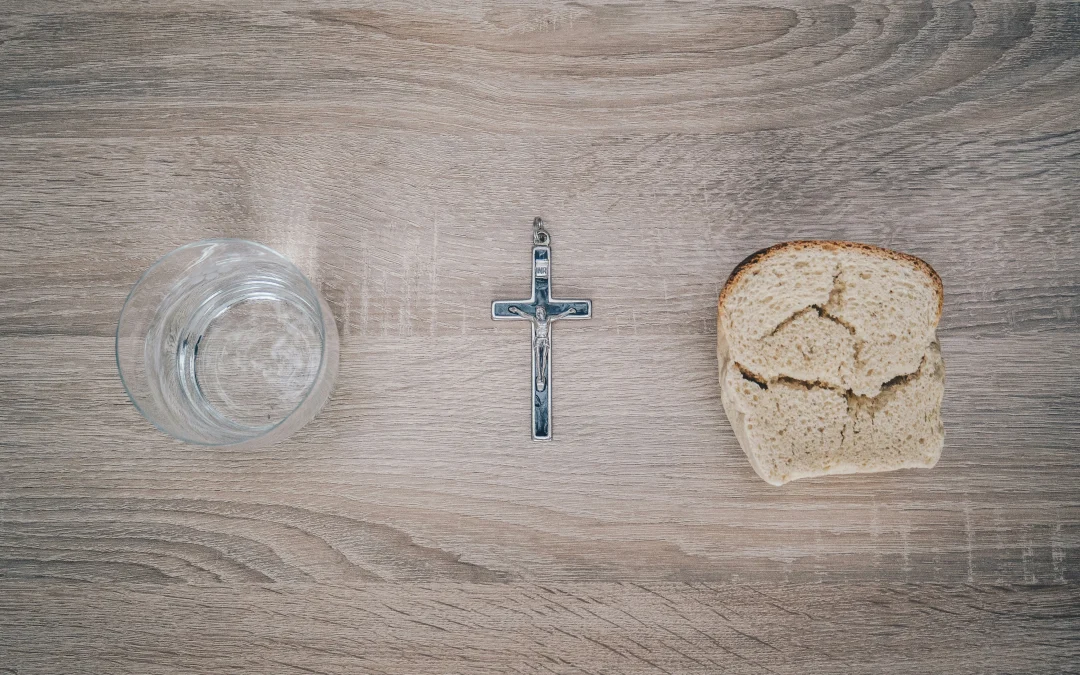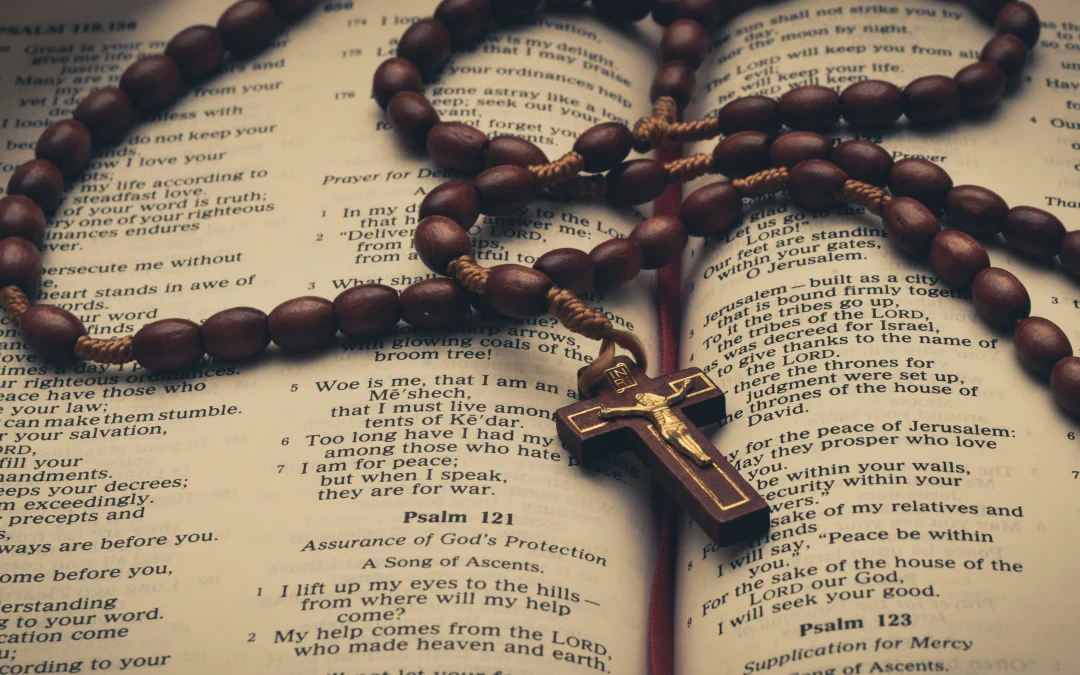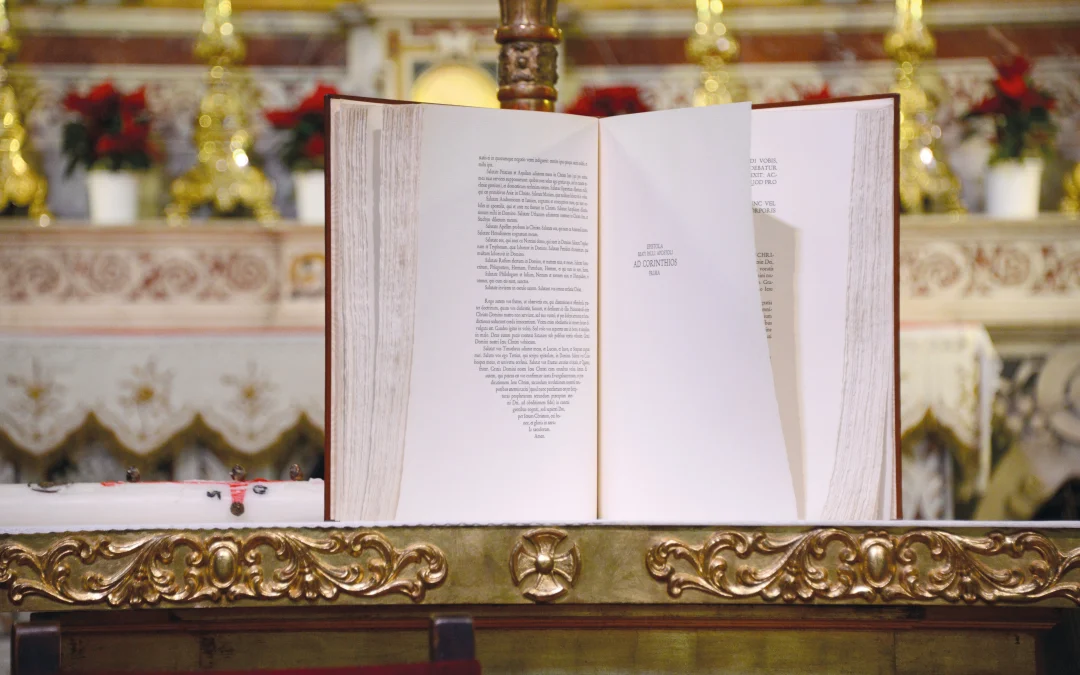Greed, or the older term avarice, is an excessive or disordered love of riches. To be clear up front; money, or any material good, is exactly that. Good. That’s why we desire them. Wanting to secure your physical well-being through financial assets is good. Greed enters when that desire becomes disordered, literally, out of order.
Each of us has a hierarchy of values, and these enable us to choose. I’m writing this article right now rather than watching TV. That choice is based on value. Money rightly belongs on my list of values. I value going to work to earn money for my family more than the relaxation of staying home and reading books all day. That’s appropriate. However, there are things that we ought to value above money or material gain. When we desire or value money and material gain above those things, our desire is now out of order, or, in a word, disordered. A wealthy person can be free from greed, and a monk can be consumed by it. Pope Francis, in his Wednesday audience on January 24, 2024, makes this point and sums it up, saying greed is “a sickness of the heart, not the wallet.”
3 Subtle Signs You Struggle With Greed
So, what might greed look like in the life of an average American (many of these apply universally, but that’s the context I’m writing from and I want to be clear about that)?
1) Workaholism
Workaholism refers to working excessive hours. In the context of a sign of greed, we need to ask what makes the hours excessive? You might have to work long hours to make ends meet. That’s not a sign of greed. If you’re working hours beyond what you need to care for yourself and/or your family, it’s time to take a closer look. What are you giving up to work those extra hours, and is that sacrifice appropriate? Are the things you’re giving up of lesser value than money, or greater? Two significant things to watch for are whether your work hours are interfering with your time with God and your time with family. One of the subtlest traps is to work so hard for your family that you see them less than they need. Again, this doesn’t apply to meeting basic needs. This shows up when you’re working for an extra vacation, a nicer car, or some other unnecessary good. Strong relationships with the people in your life, at a minimum God and family, are of higher value than comfort goods. If you’re pursuing financial gain at the expense of these, you may be slipping into greed.
Ask and pray with these questions:
What am I giving up to make the money that I do?
Do I believe that working harder and making more would be even better? Why?
What good could I do with my time if I worked less? Who would benefit?
2) Consumerism
How much is enough? What constitutes a comfort vs a need? This is a real challenge in modern culture, particularly in America. What we consider normal, or frankly, even low income, would be wealthy in the majority of the world. We have a billions-of-dollars industry that exists just to tell us what we should want next, and virtually none of them are things we really need. The mind boggles. Remember why we exist: ultimate happiness in Heaven with God.
As you plan your budgets and make purchases, pause to ask yourself:
Does this purchase bring me closer to that goal?
Am I truly valuing that eternal happiness above all else?
Could my excess resources be used in a way that draws me nearer to God more effectively than what I’m about to buy?
These are hard questions for us in American culture. We are fed the lie that happiness is something you buy so frequently and in so many ways that it’s virtually impossible to completely avoid the influence of that idea. We must be actively on guard against it (more on this in the remedies section below).
Ask and pray with these questions:
What do I really believe that I need to be happy? Do those beliefs line up with what I know of God, scripture, and the Church?
What sorts of things do I consider when making a purchase? Is there anything I should be considering that I’m not?
Looking around my house, what do I take for granted that most of the world lives without?
3) Hoarding and stinginess.
The saints are not subtle here. St. John Chrysostom says: “the failure to share one’s goods with others is theft and swindle and defraudation.”
St. Basil the Great says, “When someone steals another’s clothes, we call them a thief. Should we not give the same name to one who could clothe the naked and does not? The bread in your cupboard belongs to the hungry; the coat unused in your closet belongs to the one who needs it; the shoes rotting in your closet belong to the one who has no shoes; the money which you hoard up belongs to the poor.”
Note that these saints don’t say that it’s good to share. That we ought to consider it. They call it theft. That hurts. In America, we are constantly told, from a very early age, that what I earn is mine and I deserve it; anyone who suggests otherwise is the real thief. The very concept of shared goods is almost foreign. How many of you reading this have more than five tools in your garage that you use less than five times a year? I know I do. Does my neighbor have those same tools that they also use infrequently? What good could be accomplished if I and five neighbors actually talked to one another, figured out who had what, agreed to share, sold the excess, and donated it to a good charity? Zero impact on me. I still get my tools a few times a year, but now others are receiving help too.
It doesn’t have to be that, and if you have those tools, I’m not suggesting that you’re greedy. Only you know your heart. This example is merely to inspire self-reflection. We take so much for granted; it’s easy for greed to creep in. Again, this comes back to whether love of God, and by extension others, is truly the highest motivating force in our financial lives. Just because you can buy a thing, just because it’s normal, doesn’t mean you should, or that it will bring you the greatest happiness, which again ultimately resides in God.
Ask and pray with these questions:
What things do I have that I recoil at the idea of sharing?
What do I feel like I deserve that no one can take from me? Can I give those things up to God?
Who do I hesitate to share with? Certain family members? The poor? People of certain beliefs?
Greed is a hard sin to face in America, because we have so much. It hurt me to write this. If I did my job well, it hurt a bit to read it. The good news is, Christ is merciful and gives us the grace to overcome every sin in our lives. Here are 5 things you can do to combat greed and grow in virtue of generosity, which opposes greed.
The Catholic tradition offers concrete ways to combat avarice, rooted in the virtues of liberality, charity, and detachment:
1) Give.
What you have in excess of what you need, give. It doesn’t actually matter what that resource is. It could be money, other goods, time, etc. The antidote to greed is generosity. Make it a habit. Regular almsgiving, tithing, or charitable donation trains the heart out of clinging.
2) Voluntary poverty and simplicity.
Willingly choosing poverty and simplicity is actually pretty easy. You don’t have to take any special vow. Just give it up. Choose something that you have in excess and eliminate it from your life. Let your longing for that thing remind you of the longing of the poor and of your own heart’s longing for God, and order your goods accordingly. By choosing to give something up, you are telling yourself and the world that no, you don’t actually need it to be happy. Your treasure, and therefore your heart, is in Heaven (Mt 6:21). This can be as simple as giving up a favorite food, canceling a streaming subscription and donating the money, or even just giving a bit more and adjusting your budget accordingly.
3) Meditation on mortality.
Pope Francis, in that same Wednesday audience, said, “However much a person accumulates goods… of one thing we can be absolutely sure: they will not enter the coffin with us.” Recall again that greed is a disordered love of riches. Remembering our death, though it sounds morbid, is actually an excellent way to put our focus where it belongs, on God and the things that will last forever, rather than the temporary goods we find all around us in this life. Thinking and praying about death helps loosen the grip of greed by reminding us of a broader perspective.
4) Accountability and prayer.
These aren’t unique to combating greed, but are rather universal helps for any spiritual growth. Regular confession and spiritual direction, or even just honest conversation with a good spiritual friend, can identify greed’s subtle forms. Awareness is always the first step. Prayer for detachment, daily examination of conscience about possessions, and attentiveness to the passages of Scripture that address wealth (e.g., Acts 20:35, “It is more blessed to give than to receive”) keep the danger in view. By identifying it, you can plan and take action. Accountability helps carry the action to completion.
Greed is a difficult sin. The solution is a life rooted in God’s gifts. Our hope does not belong in wealth or material things, but in God who loves us and provides for us (Mt 6:33). When we trust His provision, we can let go of the things of this world, and order our desire for them properly. Let goods be goods, and let God be God.
More Resources On The 7 Deadly Sins
Pocket Guide to Overcoming the Seven Deadly Sins
Image: Photo by Alexander Grey on Unsplash


